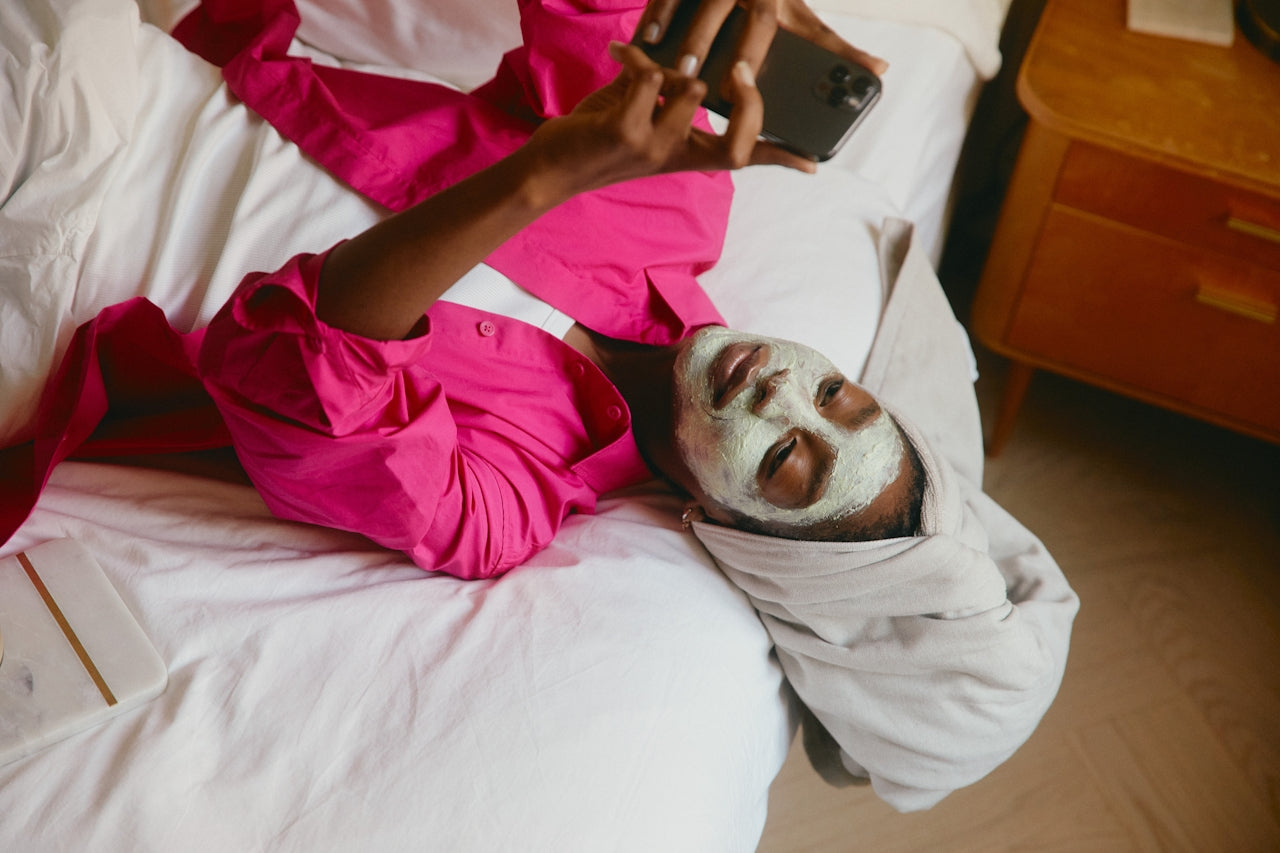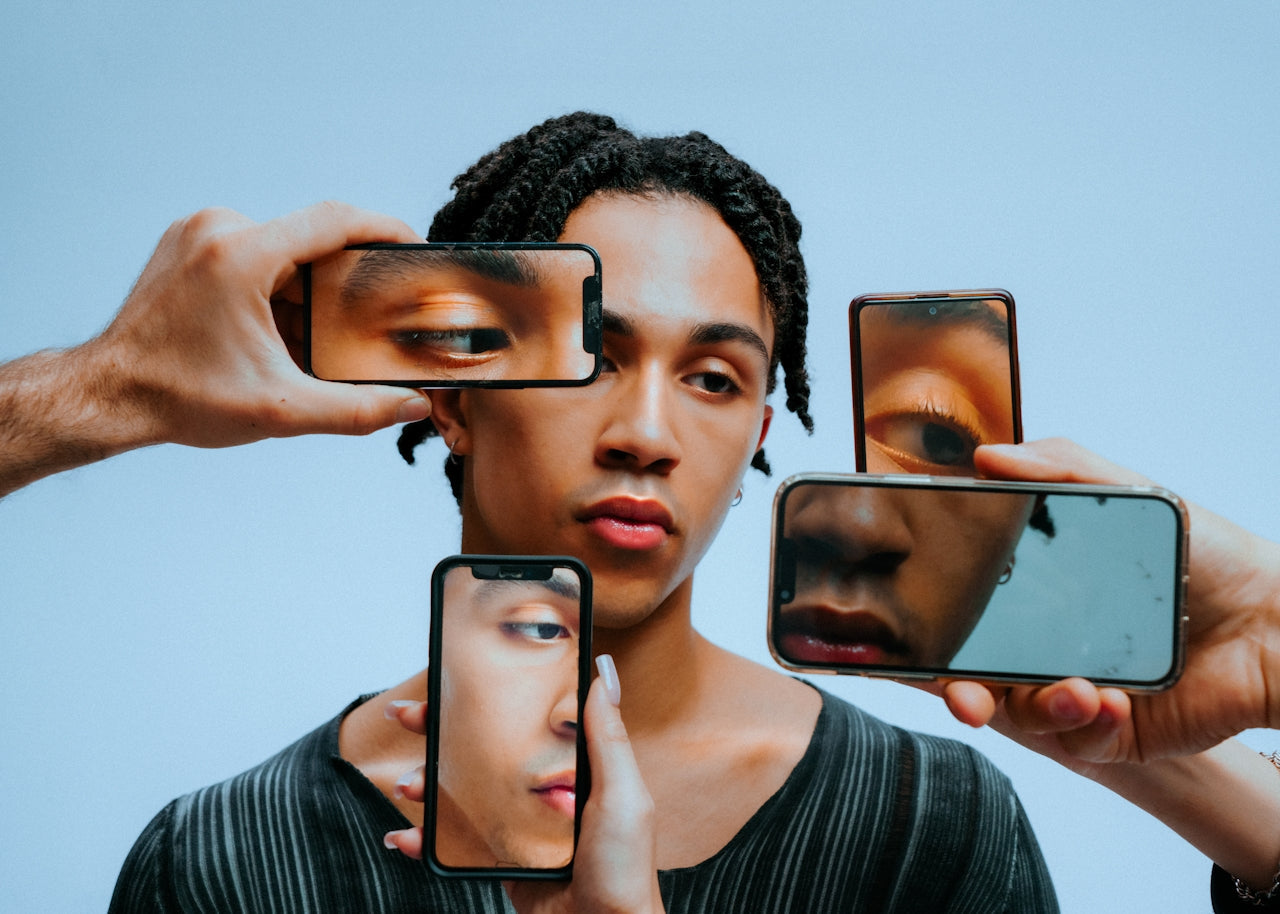We all know that burnout can stem from work, but did you know that it can also come from your personal relationships? Friendships and romantic relationships are supposed to bring joy, support, and a sense of connection. However, when they start draining more energy than they give, they can leave you feeling emotionally exhausted and burned out. But how do you recognise if a friendship or relationship is causing burnout, and more importantly, what can you do about it? Let’s explore how to assess your relationships and protect your energy.
Signs That a Relationship is Draining Your Energy
Relationships naturally ebb and flow, but if you’re constantly feeling overwhelmed, stressed, or depleted after interacting with someone, it’s time to take a closer look. Here are some key signs that a friendship or relationship might be causing burnout:
1. Constantly Feeling Drained
Do you feel mentally and emotionally exhausted after spending time with this person? If their presence consistently leaves you feeling drained rather than uplifted, it could be a sign that the relationship is taking more from you than it’s giving.
2. One-Sided Effort
Healthy relationships are based on mutual effort and support. If you find that you’re always the one initiating contact, offering support, or making sacrifices, while the other person gives little in return, it can lead to feelings of resentment and burnout.
3. Feeling Unappreciated
In any relationship, it’s important to feel valued and appreciated. If you often feel taken for granted or like your efforts go unnoticed, it can wear you down over time.
4. Increased Stress and Anxiety
Notice a spike in your stress or anxiety levels when you’re around this person, or even just thinking about them? If your relationship is a source of constant tension, it might be negatively affecting your mental health.
5. Avoiding Interaction
If you find yourself dreading interactions or coming up with excuses to avoid spending time with this person, it’s a clear sign that something is off. Healthy relationships should be something you look forward to, not something you avoid.
6. Feeling Obligated Rather Than Joyful
Do you stay in contact out of a sense of obligation rather than genuine joy? If you’re maintaining a relationship simply because you feel you have to, rather than because it enriches your life, it’s time to reconsider its place in your life.
How to Protect Your Energy and Preserve Your Well-Being
If you’ve identified that a friendship or relationship is causing burnout, the next step is figuring out how to protect your energy. Here are some strategies to help you navigate these challenging situations:
1. Set Boundaries
Boundaries are essential for maintaining healthy relationships and protecting your well-being. Clearly communicate your needs and limits to the other person. For example, if constant late-night texts or calls are draining you, let them know that you’ll be turning off your phone after a certain time each night. Setting boundaries isn’t about pushing people away—it’s about creating a space where both parties can thrive.
2. Practice Self-Care
When you’re feeling burned out, prioritising self-care is crucial. This could mean taking time to yourself, engaging in activities that recharge you, or simply getting enough rest. The more you invest in your own well-being, the better equipped you’ll be to manage challenging relationships.
3. Communicate Honestly
If the relationship matters to you, consider having an open and honest conversation with the person involved. Share how you’re feeling and explain the impact the relationship is having on you. While this can be difficult, it can also lead to positive changes and a stronger, more balanced relationship.
4. Limit Exposure
In some cases, it might be necessary to limit your interactions with this person. This doesn’t mean cutting them out of your life entirely (unless that’s what you feel is needed), but rather reducing the time and energy you invest in the relationship. This could involve seeing them less frequently or choosing not to engage in certain conversations or activities that leave you feeling drained.
5. Reevaluate the Relationship
Take a step back and ask yourself what you’re getting out of the relationship. Is it bringing you joy and fulfillment, or is it primarily a source of stress? It might be time to reevaluate the relationship and consider whether it’s something you want to continue. Remember, it’s okay to outgrow relationships and to prioritise your mental and emotional health.
6. Seek Support
Sometimes, talking things through with a trusted friend, therapist, or counsellor can provide valuable perspective. They can help you navigate your feelings and offer advice on how to manage the situation in a healthy way.
When It’s Time to Let Go
Not all relationships are meant to last forever, and that’s okay. If you’ve tried setting boundaries, communicating openly, and prioritising self-care but still feel burned out, it might be time to consider letting go. Ending a relationship, whether it’s a friendship or a romantic partnership, is never easy, but sometimes it’s the best decision for your well-being.
Final Thoughts
Friendships and relationships are a vital part of our lives, but they should nourish us, not drain us. If you’re feeling burned out by a relationship, it’s important to take steps to protect your energy and preserve your well-being. By setting boundaries, practising self-care, and being honest with yourself and others, you can create relationships that uplift and sustain you. And remember, it’s perfectly okay to prioritise your health and happiness—sometimes, that means making tough decisions, but those decisions can lead to a more balanced, fulfilling life.










